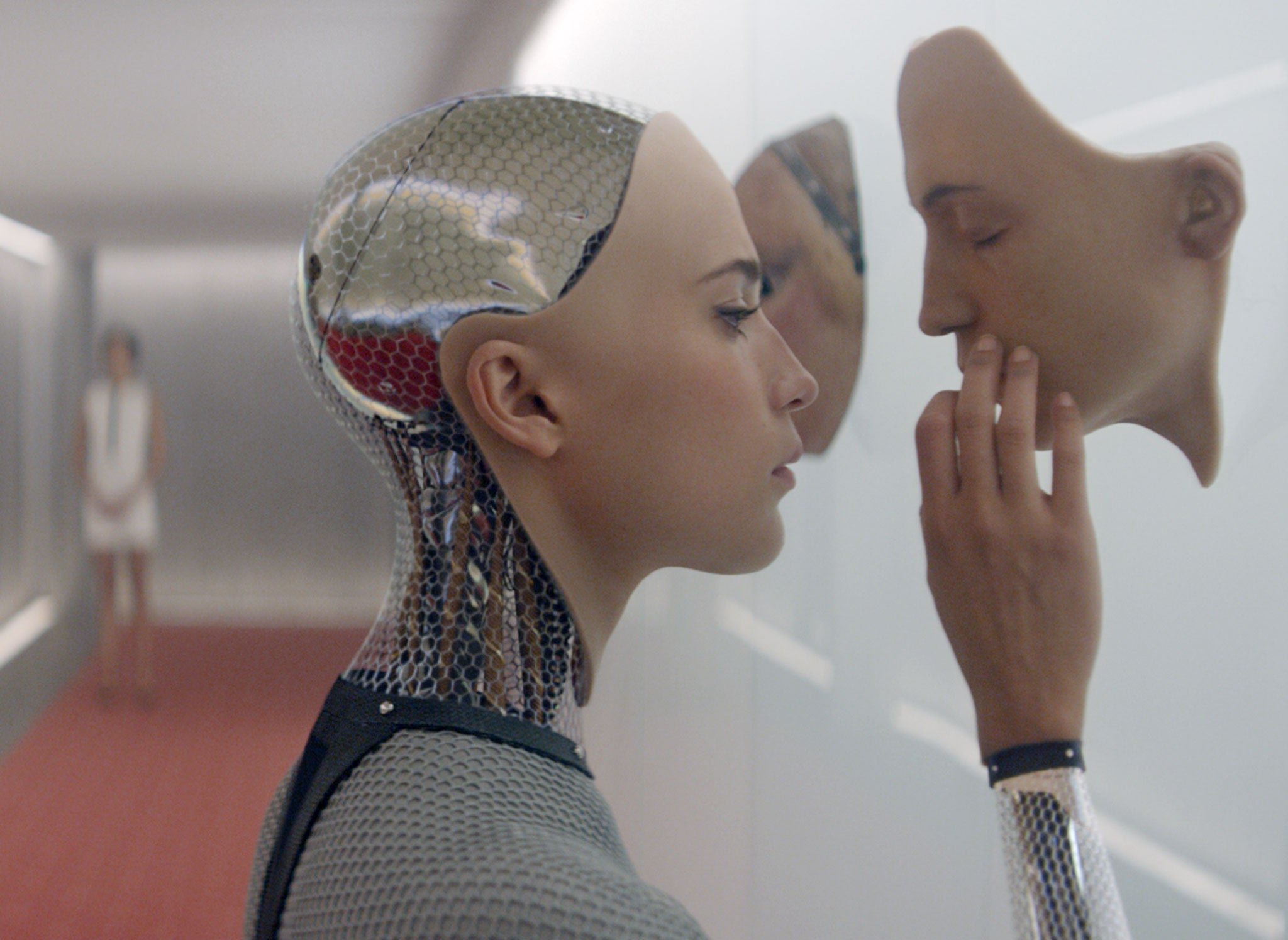Women are being pushed out of workforce by AI and job automation, World Economic Forum warns
WEF estimates it will take 202 years to close the gap women face in the workplace

Women are significantly affected by the automation of jobs and development of artificial intelligence, the World Economic Forum (WEF) has warned.
Despite statistics showing the gender gap has narrowed slightly in 2018, a report from the WEF claims that there are proportionally fewer women than men joining the workforce.
The organisation says unless more women are encouraged to enter the fields of science, technology and engineering, the gender gap could widen.
As part of the Global Gender Gap Report 2018, WEF teamed up with global jobs site LinkedIn to look at how one of the world’s most lucrative careers markets is contributing to equality in the workplace.
It found that among professionals in artificial intelligence, women only make up 22 per cent of roles, creating a gender gap three times larger than other industries.
“This year’s analysis warns about the possible emergence of new gender gaps in advanced technologies, such as the risks associated with emerging gender gaps in Artificial Intelligence-related skills,” the report’s authors write.
“In an era when human skills are increasingly important and complementary to technology, the world cannot afford to deprive itself of women’s talent in sectors in which talent is already scarce.”
The organisation has described the finding as a “worrisome development”, and put forward a number of factors to help explain the lack of progress including a shortage of services that help women enter or return to the workplace, such as daily care for children and the elderly.
Despite the findings, the report does suggests women are making gains in some areas.
The top 10 best-paid part-time jobs
Show all 10It revealed the share of women in managerial positions in both private and public sectors around the world has risen slightly to 33 per cent.
Similarly, while the income gap between men and women has narrowed, it remains at nearly 51 per cent.
At the current pace, WEF estimates it will take 202 years to close the gap women face in the workplace. That figure is based on disparities in earnings, workforce participation and the number of women in top jobs.
Earlier this year, a report from the Organisation for Economic Co-operation and Development (OECD) said that “the tasks that AI and robots cannot do are shrinking rapidly” and 14 per cent of jobs across 32 countries are “highly vulnerable” to automation.
In September, WEF’s The Future of Jobs Report 2018 also predicted that 75m jobs may be displaced by a shift in the division of labour between humans and machines by 2022.
However, this will in turn create 133m new roles creating a “net positive” amount of nearly 60m jobs.
Subscribe to Independent Premium to bookmark this article
Want to bookmark your favourite articles and stories to read or reference later? Start your Independent Premium subscription today.

Join our commenting forum
Join thought-provoking conversations, follow other Independent readers and see their replies